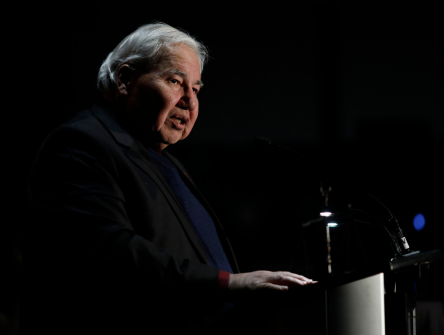Kinder Morgan: Legal questions and a business decision
What we are seeing is really part of Canada’s slow and plodding democratic process

Three days after Kinder Morgan announced it is suspending "non-essential activities" spending on its Trans Mountain pipeline project, stakeholders – of the political variety at least – are still in a panic. Alberta Premier Rachel Notley has said her government would consider acquiring the pipeline in some form to ensure Alberta oil can be shipped overseas. BC Premier John Horgan is digging in, promising to continue in supporting legal action against the project. And the Trudeau government is drawing criticism for having not yet come up with a solution, as well as staying tight-lipped over a cabinet discussion about the issue yesterday.
Is there a legal solution?
None that is readily available. Part of the issue here is that B.C. hasn’t actually done anything (yet), legally, to block the pipeline. What’s more, pressuring the federal government to invoke 92.10 (c) of the Constitution Act, 1867 to declare that the pipeline is in the national interest is of limited value — given that most observers agree that it already falls under federal jurisdiction. Complicating matters further, there is a Federal Court of Appeal ruling about to be rendered on a legal challenge launched by several First Nations and opponents of the project. Kinder Morgan acknowledged as far back as May of last year that this could put an end to the project altogether. A ruling upholding the Trudeau government’s approval of the pipeline project, it has been suggested, could give the B.C. government a face-saving way out of promise to legislate against it, but that won’t stop activists from applying political pressure. Also, a reference to the Supreme Court of Canada for judicial review is one way to speed things up. But even then, it’s unlikely the top court could deliver a judgment in time before the May 31st deadline imposed by Kinder Morgan to end the uncertainty around the project.
Why it all matters
The question that should probably be discussed in a little more detail is the non-legal one. Is the Kinder Morgan pipeline at all economically viable in the long term? And is the company just looking for a convenient way to get out?


